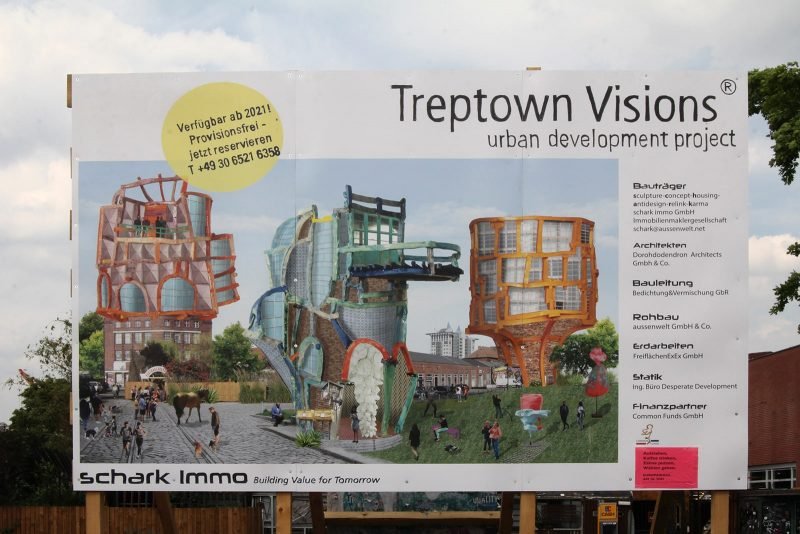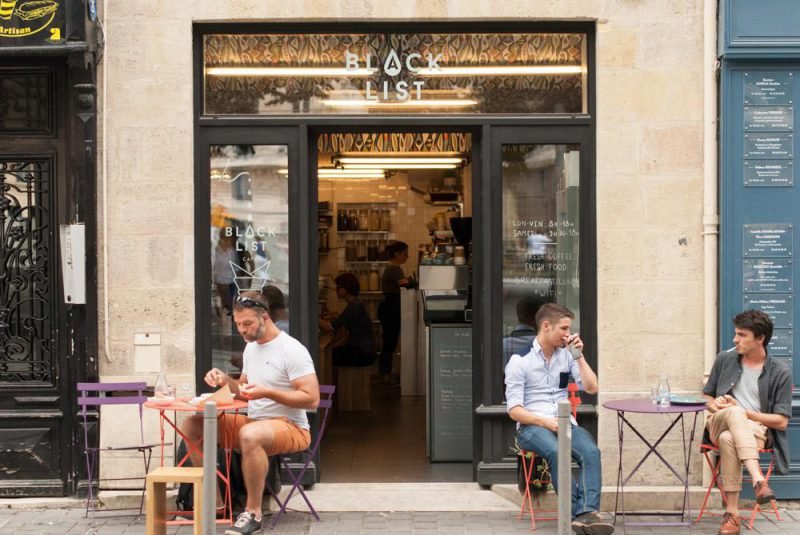Edward Skidelsky: How To Live A Good Life?
The British economic philosopher Edward Skidelsky is one of the authors of the international bestseller How Much Is Enough? — Money and the Good Life (2012), which he wrote together with his father Robert Skidelsky. Skidelsky is currently working on a new book, The Language of the Virtues, which will be published by Princeton University Press. On Thursday 20 February, architecture and urbanism institute Stroom in The Hague will host a lecture by Edward Skidelsky in which he will focus on two main questions: what do we really need as humans? And how do governments create conditions for a ‘Good Life’?
What a human really needs is a hard question which is widely debated. In How Much Is Enough? the Skidelsky’s introduce a set of so-called ‘basic goods’ that are of main importance to human happiness: health, security, leisure, respect, friendship, personality and harmony with nature. And although these are debatable too, they do give a wider definition of happiness compared to measuring tools such as GDP and economic growth. The book, that has been translated into 13 languages, gives a clear and though-provoking answer to philosophical issues, translated into daily question such as: do we really need that new iPad, television or car? And why do we eat pre-fabricated food?

How Much Is Enough is first and foremost a call to individuals to remember what matters in life, explains Skidelsky in an interview with The Guardian. “But it is also a call to governments to create conditions favourable to simpler, less acquisitive modes of living. The state has a role to play in making it easier for us to live well rather than badly, though how we respond to its prompting is of course up to us. (…) At the same time it’s not fashionable today to intervene in other man’s lifestyle”, says Skidelsky. “Conventional wisdom holds that each individual defines the good life for himself, according to his own tastes and convictions. All lifestyles are equal, provided they do not intrude on other lifestyles.” This dominant conception makes it hard to change things. In How Much is Enough (and that’s one of the best things about the book) draw some ideas that could make a change. They, however, all have to be implemented in a top-down way. The government therefore has to throw off its mask of neutrality.

“Neutrality, however, is a myth. A state that is ‘neutral’ between the desire for more food and the desire for a more elaborate car simply perpetuates the logic of insatiability. It surrenders initiative to the business class, whose interest is always to kindle new appetites. Of course, individuals under capitalism are free to ‘drop out’ or ‘downsize’; some actually do. But the system is weighted against them.”
The modern interpretation of a ‘Good Life’ and progress is what made Robert and Edward Skidelsky write this book. There seems to be no built-in limit to our collective hunger for consumption any more. According to Skidelsky, this whole process is pushed by advertising, which is referred to as the “organized creation of dissatisfaction”. People in general always want more. If they have a Renault they want a BMW, and when they have a BMW they want a Porsche. In order to get all of this we’re urged to work harder and earn more money. As a consequence we don’t have time to do the things that really matter, such as spending time with family and friends and enjoying free time and nature. Skidelsky starts with the assumption that collectively we already have enough money and consumer goods. To put us in touch with the ‘Good Life’, we just have to stop working so hard and start to fill up our new free time with leisure.
Edward Skidelsky will visit Stroom in The Hague on Thursday 20 February as part of The Knight’s Move series. His lecture will discuss the role that cities can play in creating conditions for the ‘Good Life’, and his new book, The Language of the Virtues. There’s also room to ask questions. Please RSVP here in case you’re interested in attending the event. We hope to see you there!



